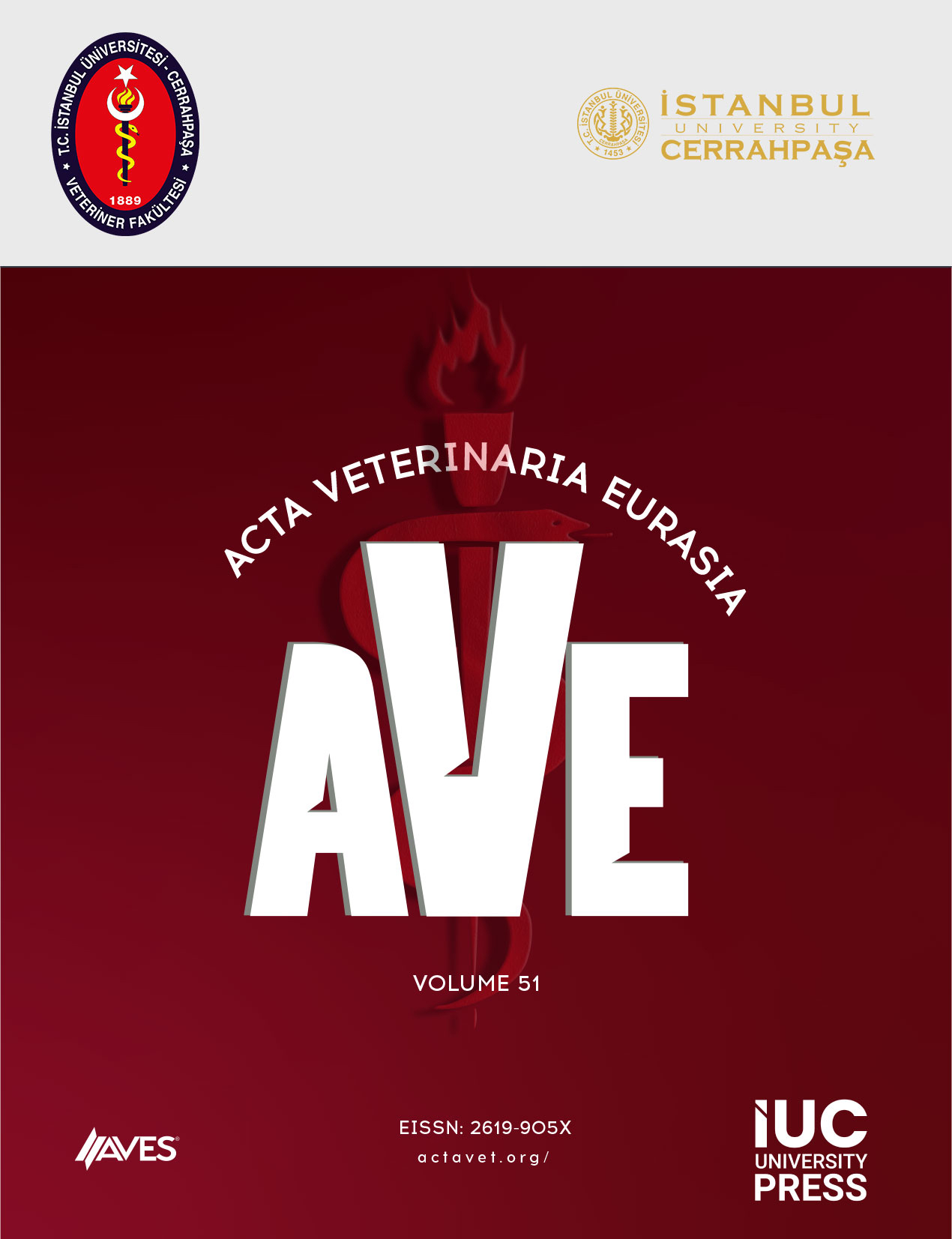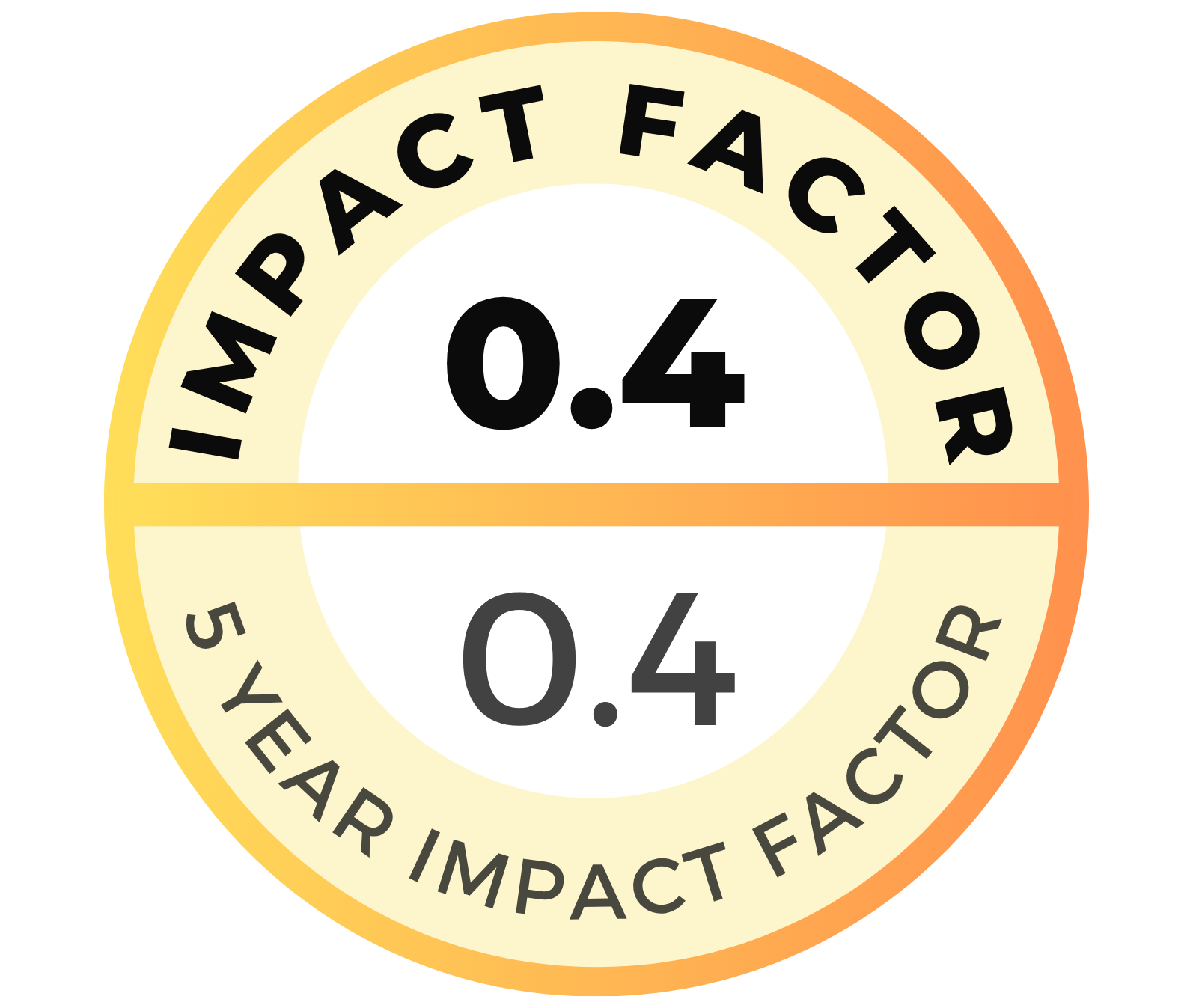The present experiment was performed in order to compare the effect of insulin and dexamethasone on treating endotoxemia following the intravenous infusion of endotoxin of Escherichia coli serotype O55:B5 in the Iranian fattailed sheep. Twenty clinically healthy one-year old Iranian fat-tailed ewes were randomly assigned into four equal (n=5) experimental groups, comprising of Control, Dexa, Insln 1.5 and Insln 3 groups. Lipopolysaccharide from Escherichia coli serotype O55:B5 was administered intravenously at 20 µg/kg. All experimental groups undergone intravenous fluid therapy for 120 minutes after lipopolysaccharide injection. 180 minutes after lipopolysaccharide injection, dexamethasone (in Dexa group at 1 mg/kg) and insulin regular (in Insln 1.5 and 3 at 1.5 and 3 IU/kg, respectively) were injected along with the intravenous fluid for 60 minutes. The Control group just received lipopolysaccharide and was treated only with intravenous fluid without using any drug. The blood samples were collected from all ewes and assayed separated sera for serum acute phase proteins (serum amyloid A and haptoglobin), inflammatory cytokines (tumor necrosis factor-alpha and interferon-gamma) and oxidative stress biomarkers (super oxide dismutase and glutathione peroxidase). In all experimental groups a rapid increase was seen in the amount of acute phase proteins and inflammatory cytokines and a decrease was seen in oxidative stress biomarkers after endotoxemia induction (P<0.05). The results of the present study showed that insulin regular at 3 IU/kg controlled acute phase response following endotoxemia induction. The potency of insulin regular at 3 IU/kg was significantly higher than 1.5 IU/kg and dexamethasone at 1 mg/kg (P<0.05) in order to treat endotoxemia due to Escherichia coli serotype O55:B5 in Iranian fat-tailed sheep.





.png)